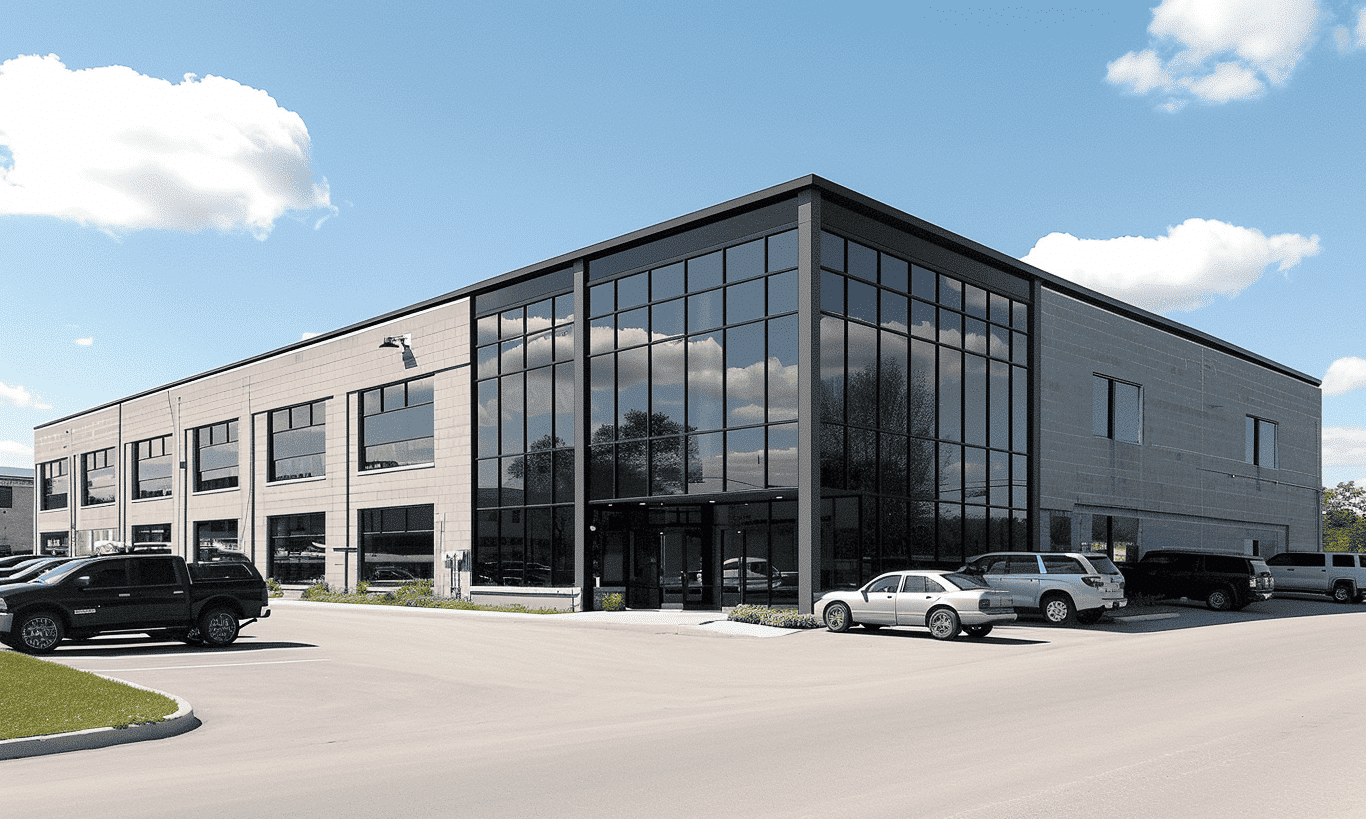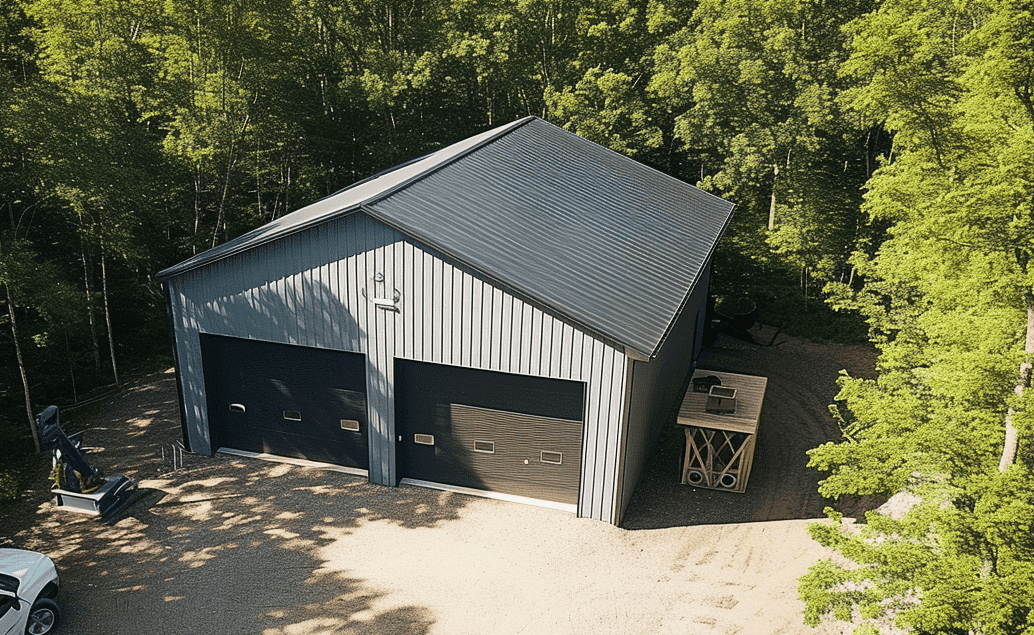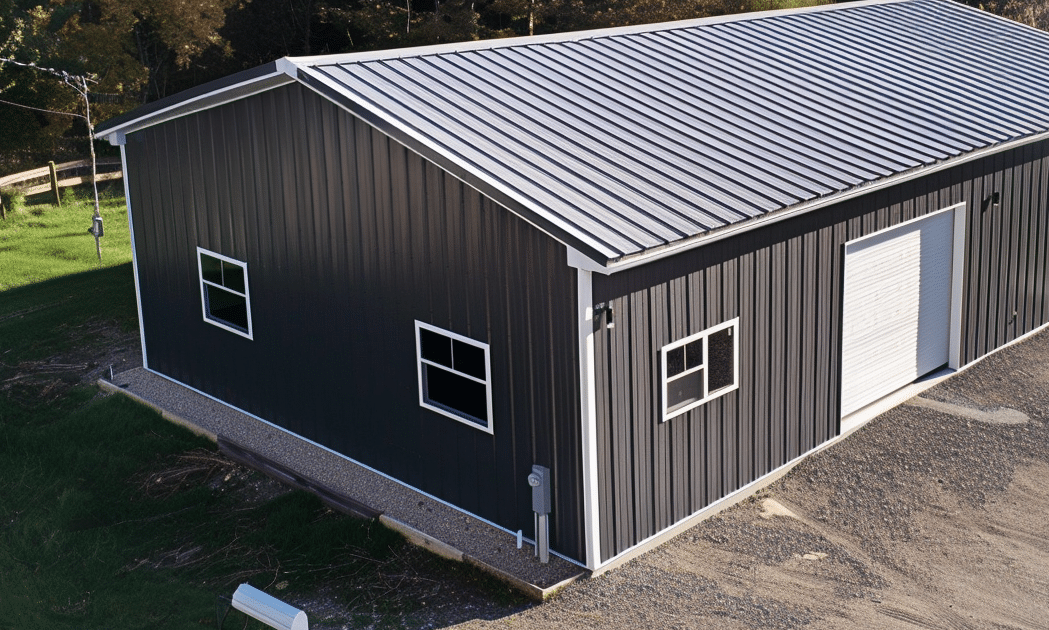Saskatoon’s Green Shift: Welcoming E-Scooters as a Permanent Fixture
The city of Saskatoon has officially taken a massive leap towards becoming a future-smart city as its transportation committee recently voted unanimously in favour of permanently legalising the use of shared e-scooters. The final decision now rests with the city council. As the presence of e-scooters in the city is set to increase, urban designers, construction companies, and real estate developers have important considerations ahead.
The Role of E-Scooters in Modern Urban Mobility

The emergence of e-scooters, along with other micro-mobility solutions, represents a paradigm shift in urban mobility. A lower carbon footprint, decongested roads, and enhanced connectivity – these are just some of the benefits that e-scooters bring to cities just like Saskatoon. As urban developers, how can we navigate this new landscape and make sure that our city infrastructures are ready to support this evolution in mobility?
Urban Design Changes to Accommodate E-Scooters
With the potential influx of e-scooters, urban infrastructures must be geared towards accommodating them. This could mean planning bike lanes that can also cater to e-scooters or providing docking stations at key areas in the city. There could be potential changes in the architectural design of buildings and spaces, especially in prime areas where people may prefer to use e-scooters due to traffic congestion or parking issues. Developers need to view this not as a challenge, but as an opportunity for innovative city design.
[Learn more about sustainable constructions]
E-scooters and Real Estate Developments

The e-scooter revolution is expected to bring in a host of impacts on real estate developments. For instance, prime properties may shift from being car-dependent locations to those that offer easy access to e-scooter and bike-sharing stations. Commercial centres could also fetch better prices if they provide organised and secure parking options for scooters. As developers, we need to anticipate these demands and create spaces that are e-scooter friendly. [Explore our state of the art constructions].
New Opportunities for Construction Companies
The approval of e-scooters in Saskatoon brings to light an array of opportunities for construction companies. Important ventures might include creating efficient docking or parking facilities for e-scooters, designing buildings with e-scooter friendly infrastructure, and constructing additional lanes on roads. With our focus on providing sustainable solutions at Your Building Team, we find ourselves perfectly poised to contribute actively to this new chapter in Saskatoon’s growth.

In Conclusion
The entry of e-scooters in Saskatoon is not just a step forward in urban mobility; it also sets the stage for a shift in the city’s architectural and infrastructural fabric. While the decision lies with the city council, developers and builders must gear up to create infrastructures that can cater to this shift. It’s not just about accommodating the change, but about embracing it and enabling the city to derive maximum benefits from it. The original news was reported by CBC Canada.
What are your thoughts about the increasing use of e-scooters in urban areas? Do you think it will bring positive change to how we view real estate developments and constructions? We would love to get your feedback. Share your thoughts in the comments section below.




